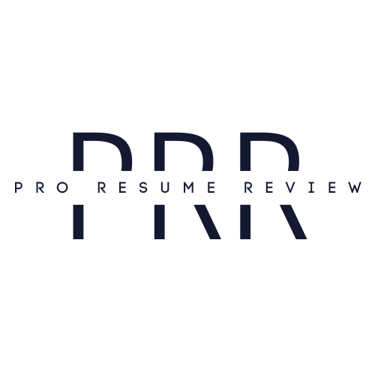Why Learning Never Stops
A guide for early career professionals


Starting your first job—or switching into a new field—can feel exciting and overwhelming all at once. You might wonder if you’re expected to know everything right away, or if asking too many questions will make you seem unprepared. Here’s the truth: nobody knows everything, and the best professionals never stop learning.
You're Not Supposed to Know It All
You were hired because someone saw potential in you—not because you already had every answer. Even experienced team members are learning all the time. In fact, asking thoughtful questions is often a sign of someone who's truly paying attention and wants to get better at what they do.
Whether you’re new to the workforce or making a career change, it’s okay (and normal) not to know something. What matters more is how willing you are to learn, listen, and improve.
People Like to Teach
One of the biggest surprises for many new professionals is how generous others can be with their knowledge. Most people don’t mind showing you how something works—especially if they can see you're making an effort to understand. Being open, respectful, and curious goes a long way.
Try this: next time you need help, instead of pretending you already know, ask someone, “Can you walk me through how you usually do this?” It shows you're engaged and ready to learn—not clueless.
Skills Change, and So Will You
Technology, job tools, and even the way people work together are constantly evolving. So even if you master today’s tasks, you’ll likely need to learn new skills in the future. That’s not a sign of failure—it’s just part of staying ready and relevant in your career.
Think of your skillset like a toolbox. The more tools you collect over time, the more problems you’ll be able to solve—and the more confident you’ll feel at work.
Start Small, Stay Curious
Continuous learning doesn’t have to mean going back to school or reading dense textbooks. It can look like:
Asking your manager for feedback after a project
Watching a short how-to video during your break
Signing up for a free webinar
Reading a blog post (like this one!)
What matters most is keeping your curiosity alive. If something confuses you, explore it. If you admire how someone handles a task, ask about their process. Progress matters more than perfection—every step forward counts.
Final Thoughts
No one becomes an expert overnight. Every professional started where you are—new, uncertain, and figuring it out one step at a time. What sets great workers apart isn’t what they know on day one, but how they grow over time.
So ask the question. Watch the tutorial. Take the class. You don’t need all the answers—you just need the mindset that you can learn them.
Hey New Grads — Ready to Nail Your Next Interview?
Download 5 Interview Tips Every New Grad Should Know — FREE Guide Here!
Learn what recruiters actually want to hear—and how to prep smarter without burning out.
